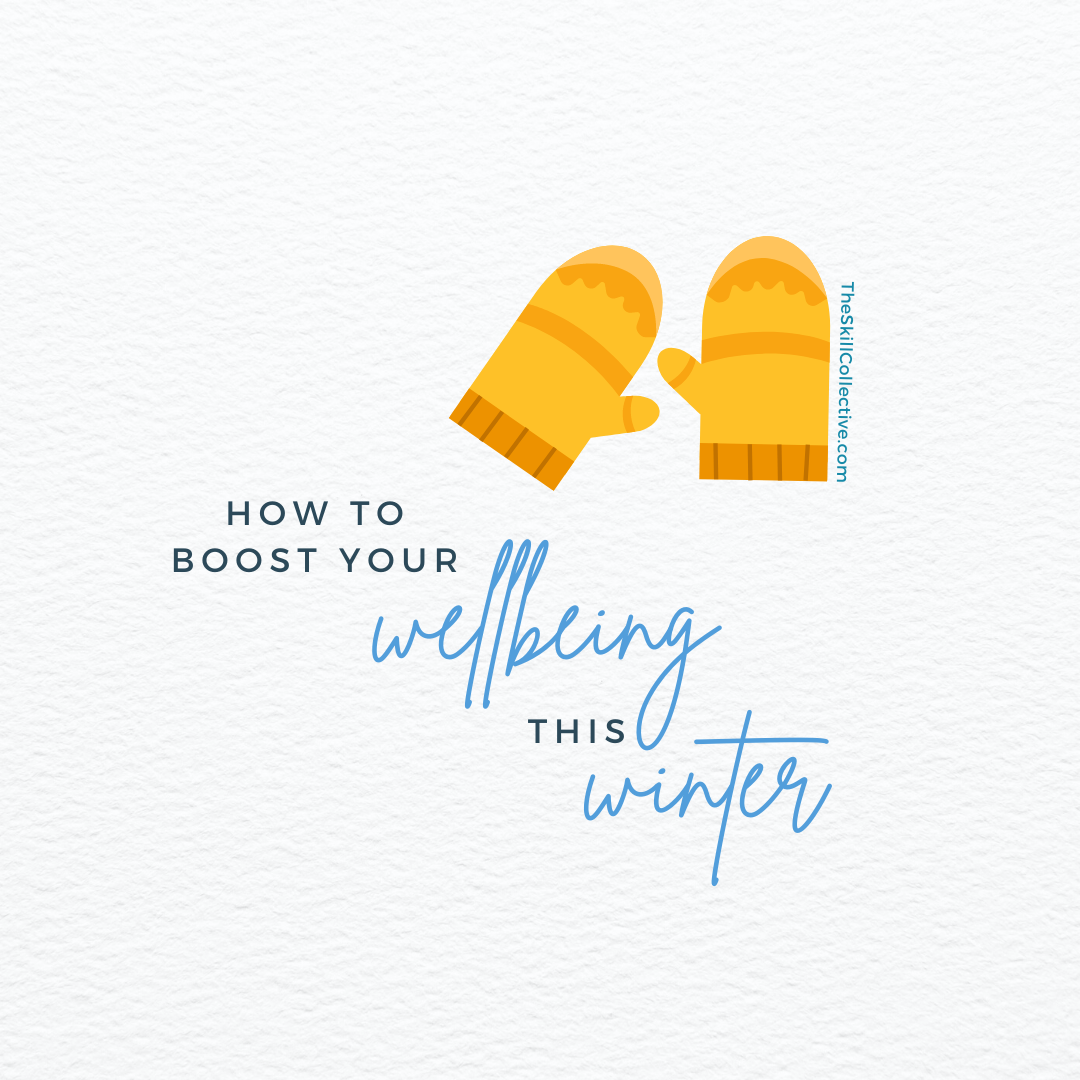How to boost your winter wellbeing
How can you counter the winter blues? Check out our tips on how to boost your wellbeing during the colder months.
Psychological risk factors for perinatal depression and anxiety
Pregnancy is a time of great change and adjustment, and mental health issues can emerge. Read on to learn more about psychological risk factors for perinatal depression and anxiety.


